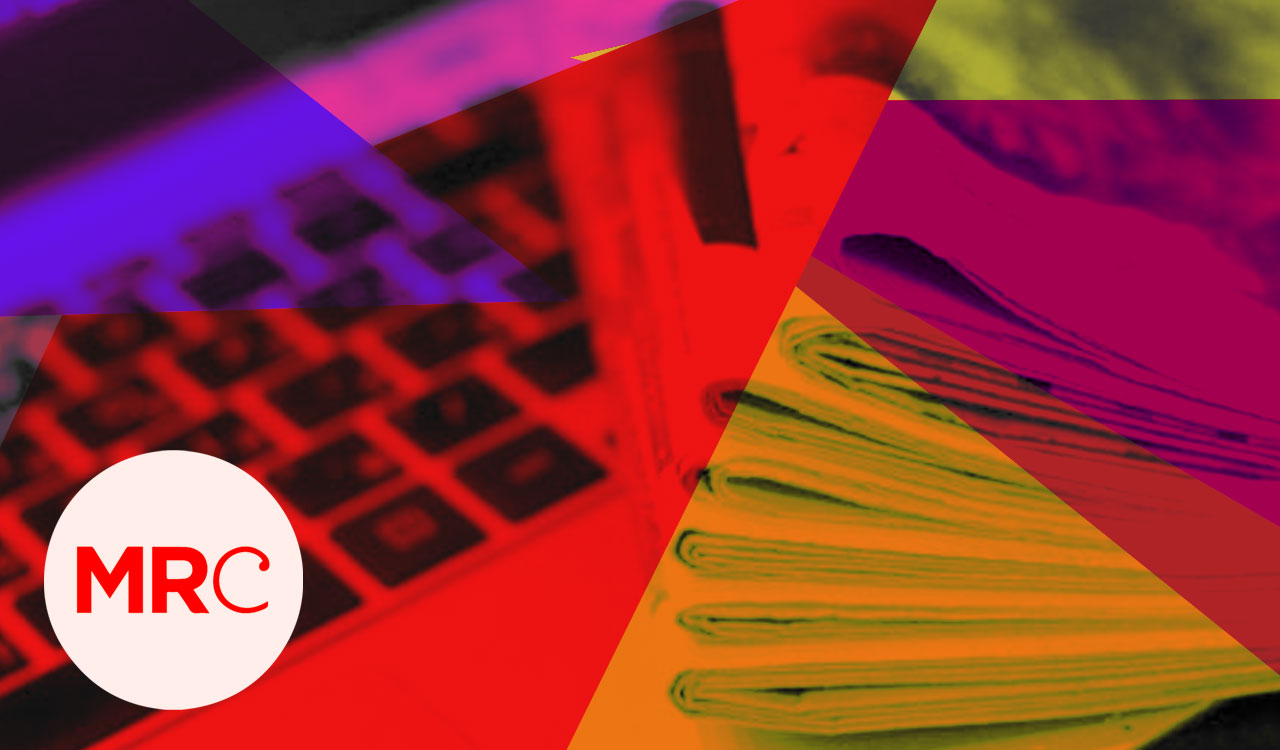In a media commons, our media will serve everyone, recognising the needs and desires that different groups will have, while also creating shared spaces for engaging with the issues that affect us all.
Read MoreIn a media commons, our media will serve everyone, recognising the needs and desires that different groups will have, while also creating shared spaces for engaging with the issues that affect us all.
Q: What’s the problem?
Everyone needs media that informs, educates and entertains them to fully participate in society, and not being able to access media can make society even more unequal. In the past year, many groups who are already marginalised – because of language, poverty, or hearing or visual impairments – will have struggled to find good information about coronavirus, or what government support has been available during the pandemic, further excluding them. People can be excluded for technical reasons, such as not having access to broadband in their area or a programme not having closed captions, or for financial reasons. And they can also be excluded if media doesn’t reflect their lives (see public media are… democratic). We need a media system that caters for different audiences but also creates shared spaces so that different groups can understand each other and have a sense of being part of the common culture. We’ve seen with divisive issues such as Brexit how damaging it can be an issue becomes very polarised, and how much we need media platforms which fully represent the range of positions people hold.Q: What’s the solution?
We need public media that truly serves everyone. While this is challenging, the framework for public service broadcasting has some long-standing models for what this means. The Puttnam report into the Future of TV says that public service media is universal if it:- is available to everyone, so no one is excluded because of their location, physical abilities or ability to pay
- provides a wide mix of genres and content
- has popular content that reaches mass audiences, and caters for the interests and needs of minorities (the intracultural), while also allowing minorities to communicate with each other and with cultural majorities (the intercultural)



